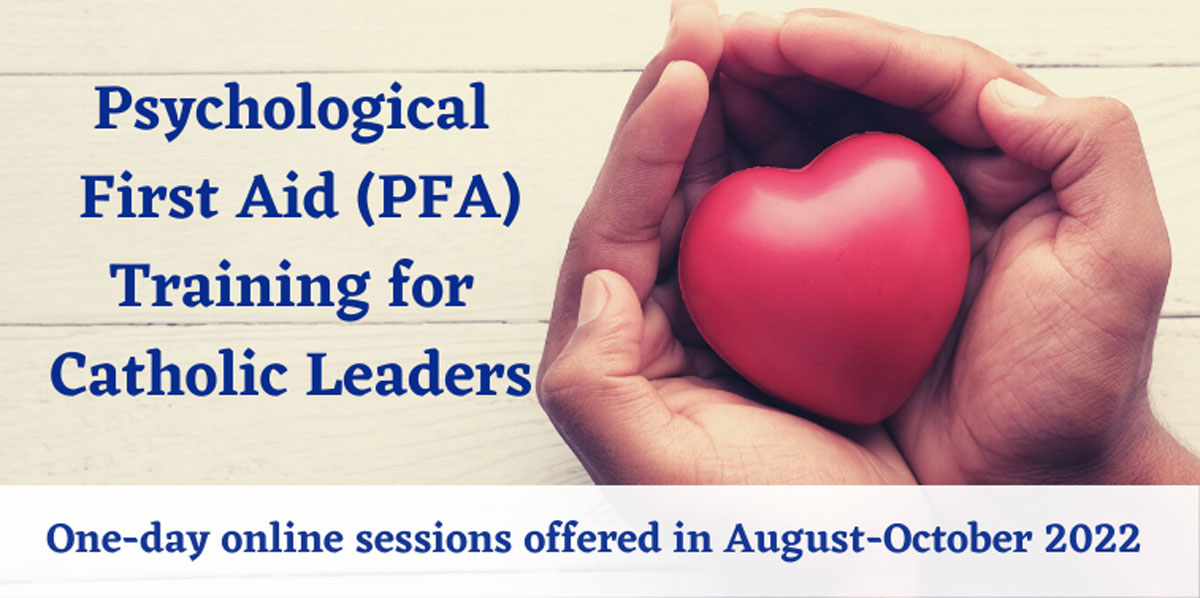Psychological First Aid
Purpose
The goal of this effort is to equip parish, Catholic school, and diocesan personnel with techniques and tools to assist children and families as we deal with the immediate and long-term impact of the pandemic and returning to more frequent, larger in-person gatherings without masking requirements.
Intended Participants
Anyone employed by a parish, school, or the Chancery in the Diocese of Portland plus others these organizations formal designate as leaders in areas like faith formation, youth ministry, or pastoral care. Especially helpful to those who are the first points of contacts in parishes or schools or regularly interact with people. Sessions must have a minimum of 8 people to be held. There is also a maximum of 15 people per session to provide the best learning experience.
What is Psychological First Aid?
Psychological First Aid (PFA) is an evidence-informed modular approach to help children, adolescents, adults, and families in the immediate aftermath of disaster and terrorism. Its practice also offers support in challenging times as experienced during the COVID-19 pandemic. PFA seeks to illuminate the impact of collective trauma, build resiliency, and assist in self-care actions plans. It incorporates five evidenced-based principles (safety, calming, connectedness, self and community efficacy, and hope) along with eight core elements (engagement, safety, stabilization, information gathering, practical assistance, connection to social supports, information on coping, and linkages with collaborative services). The premise of PFA is based on the understanding that those impacted by trauma will experience a range of reactions and that those reactions will cause enough distress that initial support is critical to help prevent more serious conditions. The Office of Lifelong Faith Formation is working with Sweetser to provide this training to personnel serving parishes and Catholic schools in Maine in a way that also makes explicit connections to the PFA principles to Catholic beliefs and practices.
Provider
Sweetser “ConnectME to Better Mental Health” with trainer: Margaret (Maggie) Norbert, LCSW, who is also Catholic
Cost
There is no fee if you are serving in Maine. The training is made possible by a grant to Sweetser from the Substance Abuse and Mental Health Services Administration (SAMHSA) for those living in or providing services in eight counties: Androscoggin, northern coastal Cumberland, Knox, Lincoln, Penobscot, Sagadahoc, Waldo, or York. Those serving parishes or Catholic schools outside of the listed counties may also attend at no cost in thanks to a grant from the diocesan Lay Continuing Education and Formation Endowment.
Time
The one-day online training will e held via Zoom from 9 a.m. - 3:30 p.m., which includes a 30-minute lunch break. A secure Zoom link will be emailed to registered participants around 8:45 a.m. on the morning of the training to get access to the training. After the initial training, Sweetser will follow up with a survey to gather data about how the training was used and will provide quarterly newsletters and consultations to support implementation during the grant period. You must participate in the whole session on a single day to complete the training.
Registration
You must pre-register for a scheduled training option to take advantage of this unique opportunity.
- Saturday, October 29, 9 a.m. to 3:30 p.m. Register no later than October 24.
Takeaways from the training
Through experience and presentations, participants will grow in skills for:
- identifying and responding to individuals who have experienced trauma,
- utilizing strategies for connecting individuals to resources, and
- practicing self-care to remain healthy while serving others.











